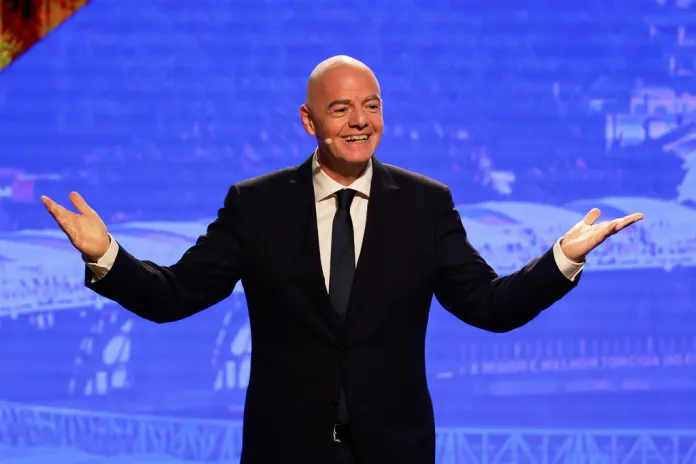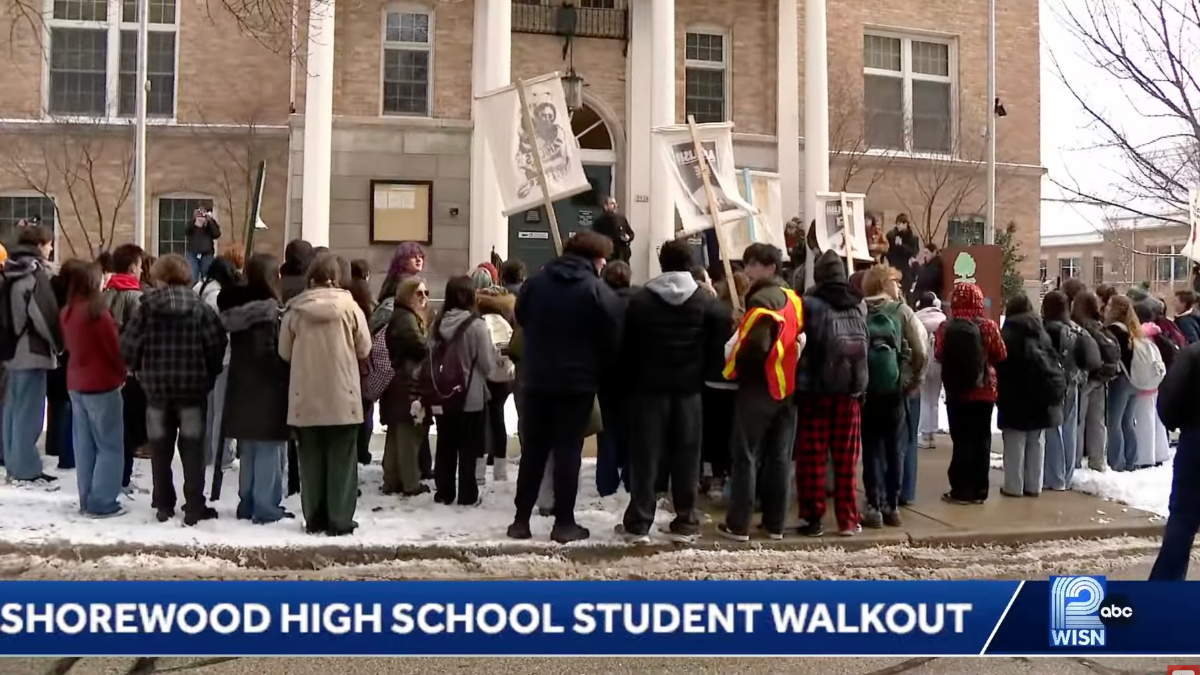Zelensky faces protests after cutting anti-corruption body
Ukrainian President Volodymyr Zelensky is facing widespread protests following his government’s move to effectively dismantle a key anti-corruption agency, the National anti-Corruption Bureau (NABU), adn the Specialized Anti-Corruption Prosecutor’s Office (SAPO). Accusing these bodies of infiltration by Russian agents, Zelensky’s governance orchestrated security raids and arrests of senior anti-corruption officials. Subsequently, a new law was signed transferring control over these previously autonomous institutions to the prosecutor general’s office, appointed by Zelensky.
This action has sparked the largest demonstrations in Ukraine since the onset of the Russia-Ukraine war,with protests erupting in major cities including Kyiv,Lviv,Odesa,and Dnipropetrovsk. Protesters and critics accuse Zelensky of undermining democratic institutions and consolidating power,likening the situation to the 2013-2014 Euromaidan protests that led to the ousting of a pro-Russian government. Leading Ukrainian media outlets and prominent figures,such as former Foreign minister Dmytro Kuleba,have condemned the law as a severe blow to Ukraine’s anti-corruption infrastructure.
Zelensky met with anti-corruption leaders and the prosecutor general, emphasizing unity against the common enemy, Russia, and promising institutional reforms.However,NABU expressed continued outrage,stating the law strips them of the independence crucial for combating high-level corruption. Unlike past protests, nationalist groups have distanced themselves from the demonstrations, limiting their potential impact.
The move also raised concerns internationally; the European Union criticized the developments, highlighting that it’s financial aid to Ukraine depends on democratic reforms and judicial transparency. Zelensky’s decision marks a contentious turning point, with meaningful internal and external opposition centered on the future of Ukraine’s anti-corruption efforts and democratic governance.
Zelensky faces ground swell of protests after cutting anti-corruption body
Ukrainian President Volodymyr Zelensky is the target of the largest protests since the beginning of the Russia-Ukraine war after his government’s effective dissolution of a major anti-corruption body.
Earlier this month, Zelensky began accusing the National Anti-Corruption Bureau and Specialized Anti-Corruption Prosecutor’s Office of being infiltrated by Russian agents. Security Service of Ukraine agents on Monday raided over 70 locations linked to the NABU and arrested several senior figures, including top detective Ruslan Magamedrasulov.
On Tuesday, Zelensky signed into law a bill that would place the previously independent NABU and SAPO under the control of the president-appointed office of the prosecutor general.
According to a statement posted by NABU on Telegram, the bill grants the prosecutor general access to all NABU cases, authority to reassign cases or close them outright, and more.
“Ukraine’s anti-corruption infrastructure, built since 2015, will be destroyed,” it declared.
The move triggered fury among Ukraine’s pro-Western liberal political class, leading to the first major protests the country has seen since February 2022. Hundreds of protesters gathered in the central squares of Kyiv, Lviv, Odesa, and Dnipropetrovsk with placards signalling their anger with the law. Left-wing media in Ukraine compared the protests with the Euromaidan protests of 2013 and 2014, which ended in the collapse of the pro-Russian government.
Several major left-wing outlets harshly condemned the president. The Kyiv Independent, one of the most visible Ukrainian outlets in the West, published a scathing editorial against Zelensky, stopping just short of labeling him a dictator.
“President Zelensky is making a choice to undermine Ukrainian democratic institutions in pursuit of expanding his personal power,” it said, arguing that the law was only one part of a systemic crackdown on the president’s political opponents.
In response to the outcry, Zelensky met with the prosecutor general and several anti-corruption leaders. He gave an optimistic reading of the meeting, saying they were united against Russia as “Team Ukraine.”
“We all hear what society is saying. We see what people expect from state institutions — ensured justice and the effective functioning of each institution. We discussed the necessary administrative and legislative decisions that would strengthen the work of each institution, resolve existing contradictions, and eliminate threats. Everyone will work together. At the political level, we will provide support,” he said in a post on X.
However, NABU came away with a decidedly different reading, reaffirming its outrage over the law in a statement posted after the meeting.
“From now on, NABU and SAPO are deprived of the guarantees that allowed them to effectively carry out their tasks and functions in combating high-level corruption. To restore full and independent operation, clear and unambiguous steps at the legislative level are necessary to reinstate the guarantees canceled by the parliament,” it said.
Among the left-wing figures the law drew criticism from was one of the most visible in the early years of the war, former Foreign Minister Dmytro Kuleba, who said it was a “bad day for Ukraine.” He added that Zelensky could choose to stand with or against the people.
Zelensky had recently earned the ire of left-wingers in Ukraine after several anti-corruption activists were mobilized to fight in the war against Russia.
Despite comparisons with the Euromaidan, the protests appear unlikely to have a major effect. In contrast with 2014, the nationalist contingent isn’t with the left-wingers, with many holding them in contempt as perceived draft dodgers living in comfort away from the front lines.
Maksin Zhorin, one of the most visible leaders of the Azov-descended 3rd Army Corps, openly celebrated the SBU raids on the anti-corruption groups. One Ukrainian nationalist Telegram account said he briefly joined the protests, only to be disgusted with what he saw.
“A lot more cops were sent to protect the f*****s, which shows that the rightwing movement against LGBT parades is more dangerous to the government,” he said.
RUSSIA AIMS FOR CAPABILITY TO LAUNCH 2,000 DRONES SIMULTANEOUSLY
NABU and SAPO were viewed as the crowning accomplishments of Western liberal nongovernmental organizations after Euromaidan, and likewise, their gutting sparked outrage in the West.
“The European Union is concerned about Ukraine’s recent actions with regard to its anti-corruption institutions,” European Commission spokesman Guillaume Mercier said. “The EU provides significant financial assistance to Ukraine, conditional on progress in transparency, judicial reform, and democratic governance.”
" Conservative News Daily does not always share or support the views and opinions expressed here; they are just those of the writer."


